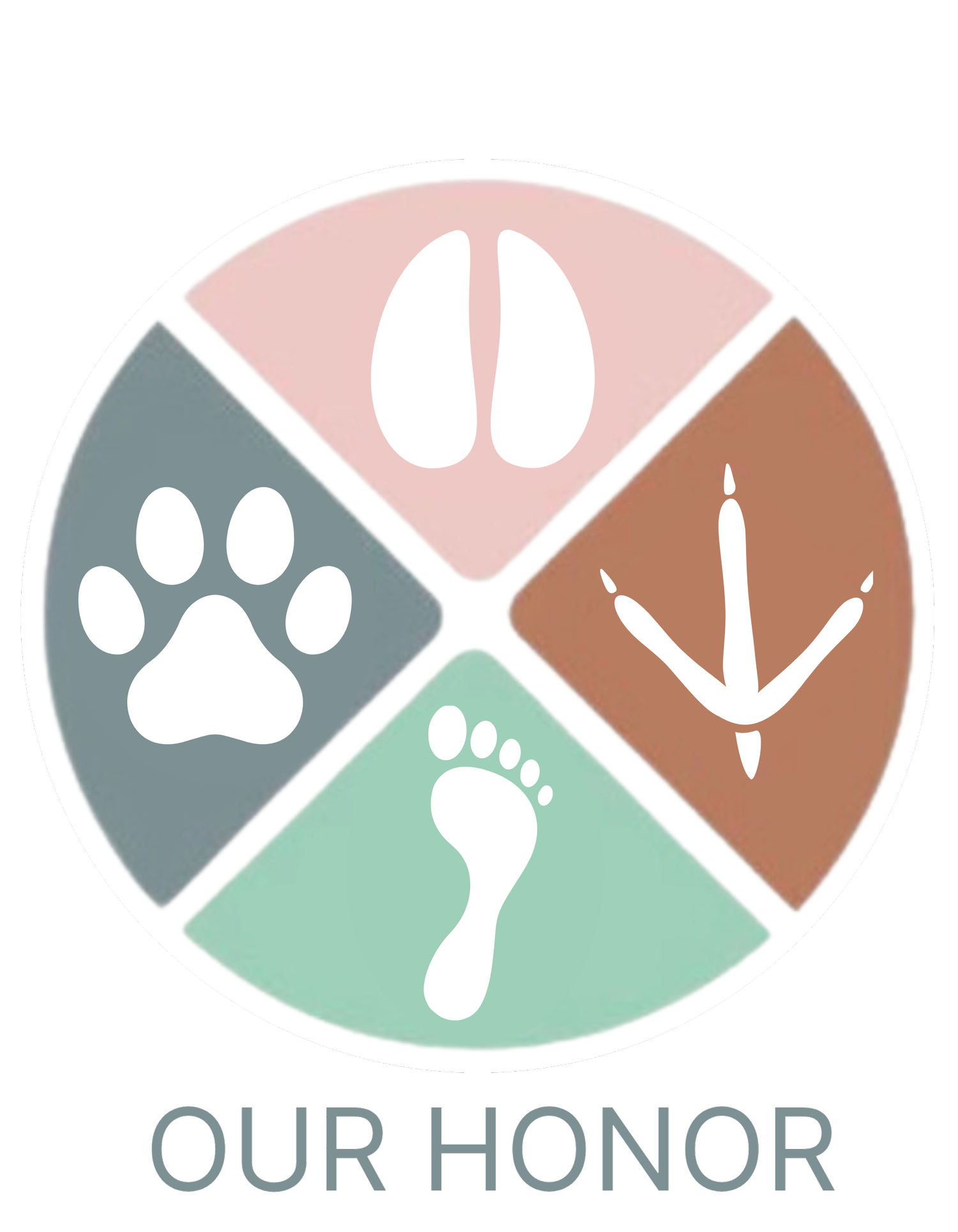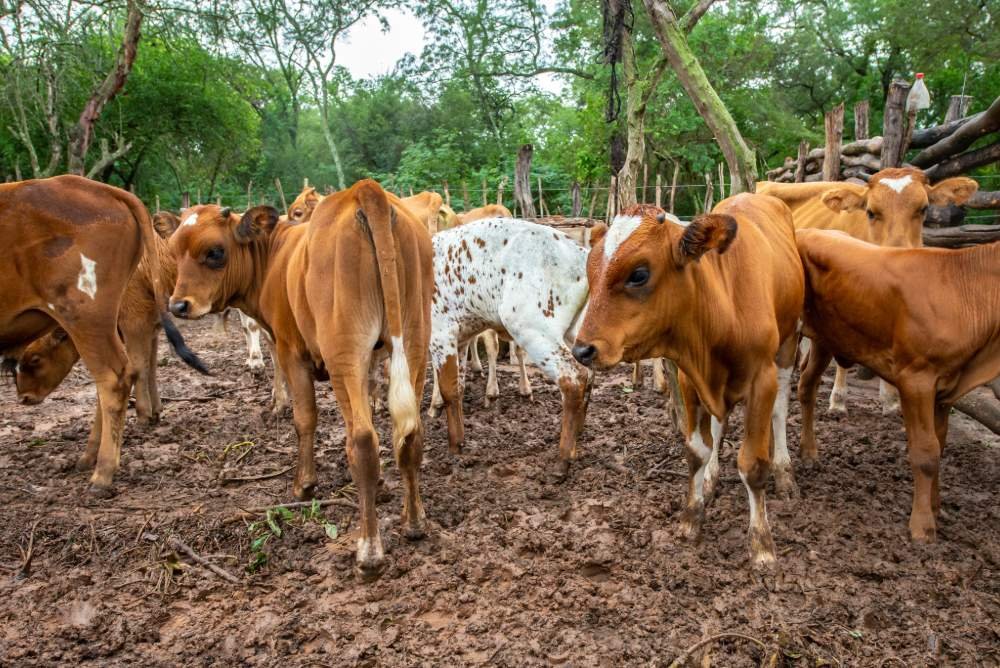Wildlife Conservation Day: A Call to End Animal-Protein Production
Cattle grazing on a freshly cleared patch of rain forest.
The most urgent threat to wildlife: the impact of animal-protein production on natural habitats.
Policymakers and veterinarians have a critical opportunity to drive systemic change by redirecting subsidies away from animal-derived protein and supporting a transition to an animal-free food system.
Animal-protein production consumes vast resources, destroying the ecosystems wild animals rely on to survive. Over 80% of agricultural land worldwide is dedicated to livestock grazing or growing feed crops, a practice that has decimated forests, grasslands, and wetlands.
Iconic species like jaguars, elephants, and countless others face extinction as their habitats are replaced by monocultures or barren pastures.
To conserve wildlife, we must eliminate one of the causes: corporate animal exploitation. Incremental reductions are not enough. Policymakers must take bold action by:
Incentivizing animal-free protein production: From beans, tofu, nuts, fruits, and veggies to cultivated proteins, fermentation-based, and other innovative technologies, these solutions eliminate the need for animals while dramatically reducing resource use.
Restoring wild habitats: Transitioning away from animal agriculture would free up vast amounts of land for rewilding and biodiversity conservation.
Passing legislation to shift subsidies from animal-based protein production to animal-free food systems, accelerating the adoption of sustainable alternatives.
Where once thousands of species called home.
A herd of cows grazes on cleared land in Amazonia - Bolivia
Veterinarians play a key role in leading this change. Their expertise positions them as powerful advocates for ending the systemic exploitation of animals and promoting a food system that spares both domestic and wild species. By engaging in public education, and collaborating on innovations in animal-free protein, veterinarians can help usher in a future that protects all life on Earth.
Wildlife conservation begins with transforming our food system. Let’s honor this day by committing to policies and practices that fully abandon animal-protein production and embrace solutions that prioritize the survival of wildlife and the health of our planet.

